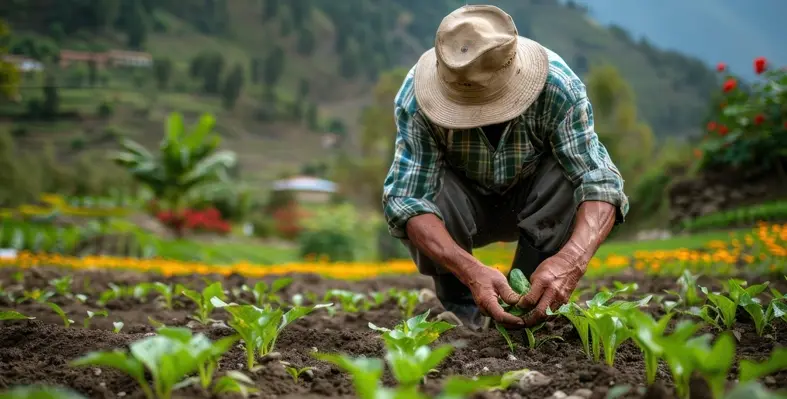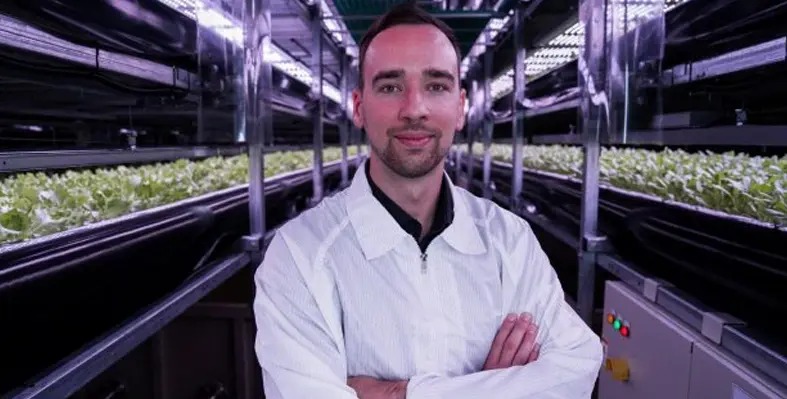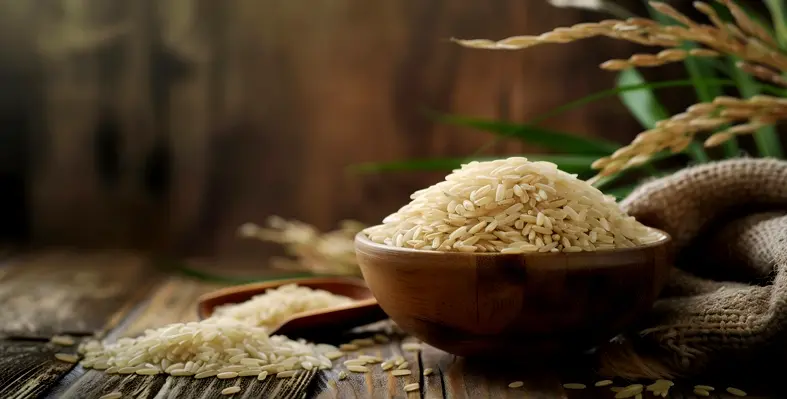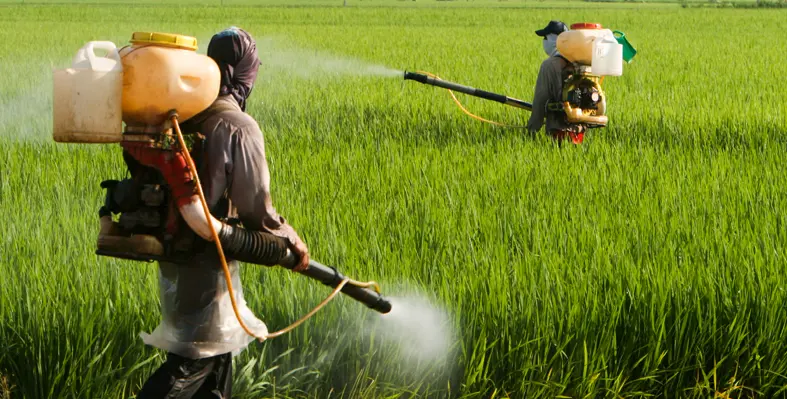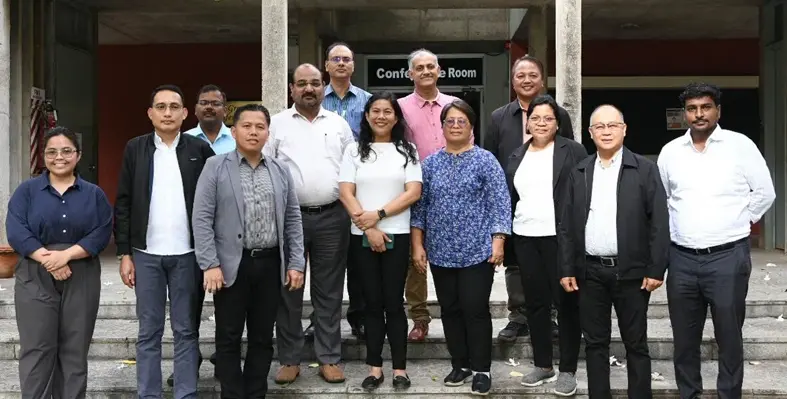
The delegation visits ICRISAT's research facilities in Patancheru, Hyderabad. (Image source: ICRISAT)
Agricultural delegation from the Philippines Department of Agriculture (DA) recently embarked on an eight-day exposure visit to various ICRISAT-led project sites in India to provide insights into innovative climate-smart agricultural practices and effective water and soil management technologies
Starting their visit in Uttar Pradesh's Nota village, the research, development and policy stakeholders engaged with members of the ‘Progressive Bundelkhand Farmer Producer Company’ (FPC), while discussing the FPC’s activities and initiatives, gaining valuable insights into how ICRISAT supports local farmers by organising them as FPOs and FPCs.
ICRISAT’s principal scientist & cluster head, Dr Ramesh Singh provided an elaborate overview of the soil and water management challenges affecting 40 villages in the region, further enriching the delegation's understanding of the critical issues faced by the community.
In Jhansi district's Bhadokhar village, the delegation came across various rainwater conservation methods including structures known as haveli cultivation and learned about their importance in preventing soil erosion. ICRISAT's Horticulture scientist, Dr Rohan Khopade explained fruit-based agroforestry practices, while scientific officer, Dr Ashok Shukla highlighted the benefits of the equipment installed by ICRISAT, such as the Automatic Weather Station (AWS), Time-Domain Reflectometry (TDR) for measuring soil moisture, a groundwater-level indicator, and runoff measuring devices.
Moreover, the delegation proceeded to exploring other parts of the state including Sutta and Singar villages in Jhansi and Pura Birdha in Lalitpur. In addition to hearing firsthand accounts from local farmers, the delegation also interacted with public representatives, including Member of Parliament, Anurag Sharm and Chief Development Officer of Jhansi, Junaid Ahmad to understand the role of local and national administration in the successful implementation of projects.
In Odisha, the delegation explored a number of ICRISAT-facilitated model sites where they observed the role of women's Self-Help Groups (SHGs) in successful enterprises, such as the Dwarf Coconut Nursery, which produces 100,000 seedlings annually, and ventures into ornamental nurseries and apiculture as alternative livelihoods. Other notable community projects such as the Waste-to-Wealth Management project provided adequate insight into the transformation of waste into valuable resources, while also efficiently converting invasive species like water hyacinth into compost, in turn helping to maintain clean water bodies to grow organic vegetables.
Their visit finally concluded with an exploration of the state-of-the-art facilities of Genebank, Agromet Lab, Living Lab, Centre of Excellence in Climate Change Research for Plant Protection, Centre of Excellence in Genomics and Systems Biology, and the Agri-Business Incubation Centre.
Senior agriculturist at the Bureau of Agricultural Research in the Philippines, Kris Thea Marie Hernandez underscored the group's commitment to applying learnings from the visit to their local communities, particularly in rainfed areas, in pursuit of the Philippine Department of Agriculture’s goal to increase agricultural productivity and ensure food security.



